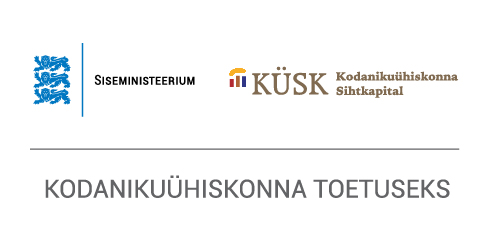Legal norms and their application of 6 EU Member States were viewed in the analysis. EELC’s lawyer Siim Vahtrus was responsible for the overview on Estonia. Comparison of Austrian, Czech, Estonian, Slovak, Slovenian and Hungarian laws and their application demonstrated that although opportunities for public participation and related challenges differ, there are still common features in different countries. Based on the results of comparison, recommendations for developing legal rules as well as practice are provided in the analysis.
Similarly to other countries involved in the analysis, everyone wishing to do so have the opportunity to take part of planning procedures in Estonia. Providing information to parties of the procedures is also at a similar level as in other countries studied. Time-limits for participation in Estonia, however, are shorter, which should be viewed as an area of improvement. Public display of detailed plans in Estonia can be as short as 2 weeks, whereas in other countries (except Hungary) it is at least 4 weeks. On the brighter side, the rules giving standing to everyone to challenge spatial plans in Estonian courts (actio popularis) can be brought out as a good example, especially as it has not resulted in flooding of courts with disputes. High costs related to court proceedings, however, seem to be a bigger problem in Estonia than elsewhere.
As a conclusion, the analysis recommends to strengthen the role of different (consulting) authorities and reduce the dependency of spatial plans of short-term business interests. Public participation should also be supported by the authorities in charge of drawing up spatial plans when deciding on whom to include, what information to provide, how long the time-limits should be etc.
Full
version of the analysis is available at:
www.k6k.ee/files/Land_use_planning_PP_and_A2J.pdf
Justice and Environment is a European network of (non-governmental) environmental law organizations. The aim of the network is to ensure adequate protection of environment, people and nature through use of EU environmental law and its application in EU member states. EELC is a member of the network since 2008.
